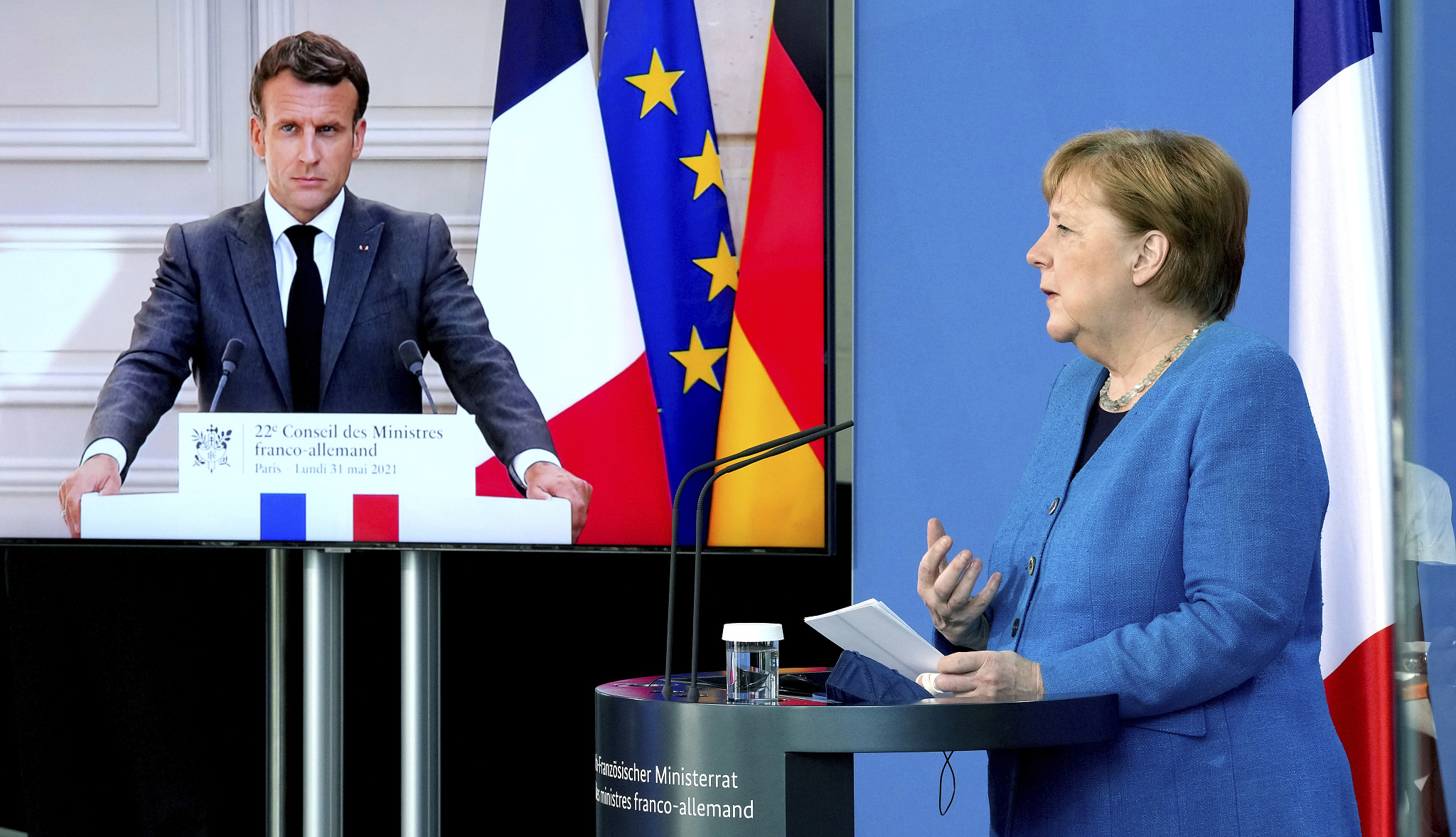
Protesters put up signs to voice opposition to U.S. government's surveillance of online activity and phone calls in front of the U.S. Capitol, Washington, October 26, 2013. /VCG
Protesters put up signs to voice opposition to U.S. government's surveillance of online activity and phone calls in front of the U.S. Capitol, Washington, October 26, 2013. /VCG
A recent media report from Danish broadcaster Danmarks Radio is reviving the global debate over surveillance, especially on the conduct of government surveillance against foreign countries.
Following an internal investigation launched by the Danish Defense Intelligence Service, it was revealed that the country's top-secret service helped the U.S. National Security Agency (NSA) spy on European leaders for two years in the last decade, from 2012 to 2014, according to a report published by Danmarks Radio on Sunday.
The report accused the Danish intelligence service of lending their U.S. counterparts access to spy on top German, French, Norwegian and Swedish politicians through intercepting data running through Danish internet cables. Everything from telephone calls, text messages to searches and chats was within the scope of the surveillance, according to the report citing nine unnamed sources close to the internal investigation.
Denmark is one of America's closest allies in the European Union (EU). Danish Defense Minister Trine Bramsen declined to comment on the report when asked by reporters but she left the general comment which says that "systematic wiretapping of close allies is unacceptable."
The spying claim resonated with some of the earlier disclosures in 2013 made by NSA-contractor-turned-whistleblower Edward Snowden. His revelation that some 20 billion phone and mail records from people around the world were collected every day, including that of some of the highest-level government leaders such as German chancellor Angela Merkel, dealt a heavy blow to America's credibility globally.
The scandal had a particularly damaging effect on the U.S.-EU alliance at the time, with Merkel personally coming out to ask for an answer from her American counterpart, leading to the then-president Barack Obama promising that the U.S. wouldn't spy again on Germany.
The Danish media report came as the U.S. and the EU have been trying to negotiate a new transatlantic data transfer deal after the previous one was struck down by the EU's top court over concerns about U.S. mass surveillance. Europe has a much higher privacy bar while the U.S. has so far failed to pass national legislation over privacy standards, making the transfer of data between the U.S. and EU vulnerable to mass surveillance in the U.S.

French President Emmanuel Macron is seen on a video screen during a joint press conference with German Chancellor Angela Merkel (R) as part of a virtual Plenary Session of the Franco-German Council of Ministers in Berlin, Germany, May 31, 2021. /VCG
French President Emmanuel Macron is seen on a video screen during a joint press conference with German Chancellor Angela Merkel (R) as part of a virtual Plenary Session of the Franco-German Council of Ministers in Berlin, Germany, May 31, 2021. /VCG
'America is back'
The damning allegation is likely to continue a history of distrust between the Western allies, after last year's collapse of the Privacy Shield data transfer agreement and its predecessor, the Safe Harbor Principles in 2015 amid previous eavesdropping rows, while throwing any prospect of a new data sharing pact into uncertainty.
On Monday, European Commission Vice President Vera Jourova said the U.S. must pass new legislation to limit how its national security agencies access European data if the country wants a new deal with the bloc.
U.S. President Joe Biden, who navigated the 2013 scandal as the vice president, is now confronted by an old problem plaguing the U.S.-EU ties. "Biden is well-prepared to answer for this when he soon visits Europe since, of course, he was deeply involved in this scandal the first time around," Snowden wrote on Twitter.
The issue took a backseat during the Trump era, when Washington butted heads with its European allies on multiple fronts. Since taking office, the Biden administration has aimed for a diplomatic reset with the EU.
However, the country Biden promised to bring back is the same one caught spying on its allies the first time, along with its vision of a global order that places America above everyone else – friends and foes alike.
Adding to this unequal partnership is the irony that the U.S. has repeatedly strong-armed Europe into falling in line by playing up the so-called "espionage threats" from China and Russia, while the country gets away with things it accuses other countries of doing.
Commenting on the latest scandal, Russia's Foreign Ministry has called the U.S. snooping on European officials only "the tip of the iceberg," saying that the U.S. is the "overseer of everyone and everything."
"These allegations show that the U.S., even when headed by leadership that espouses multilateralism and diplomacy, does not see Europe as a partner but rather as a geopolitical pawn," wrote political analyst Bradley Blankenship in an op-ed for CGTN.
"Even when 'America is back,' America is always first – and there's nothing to suggest that would ever change."

